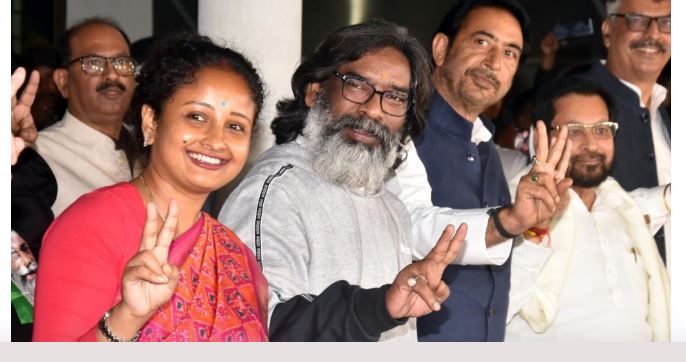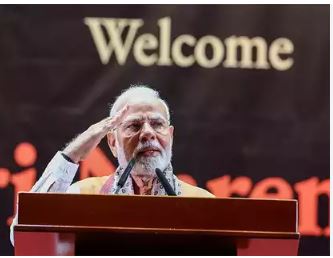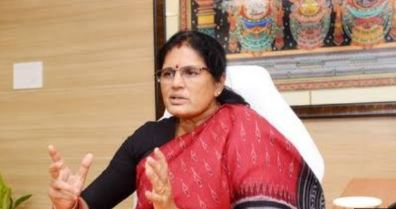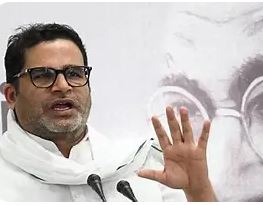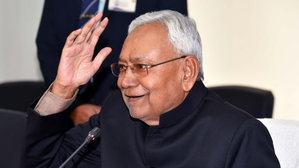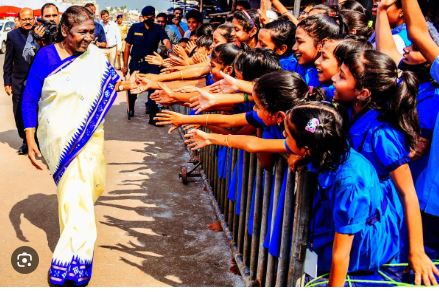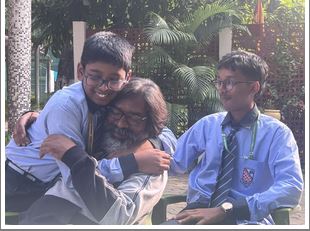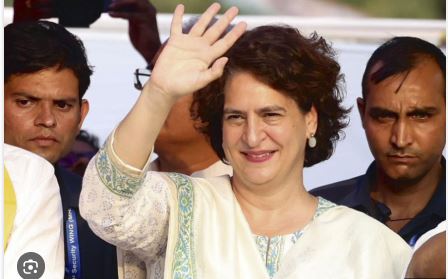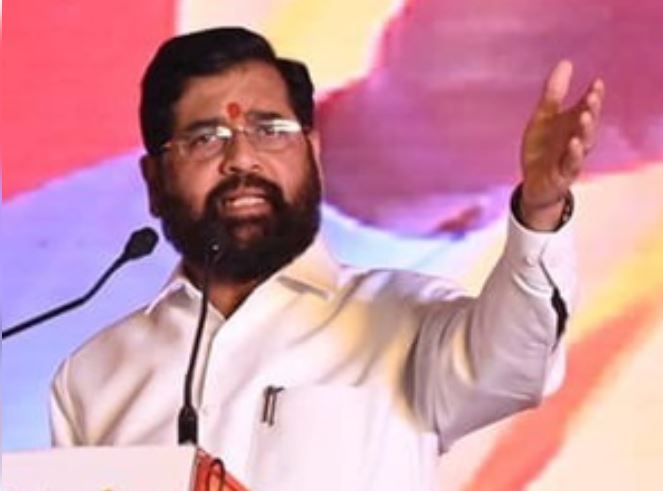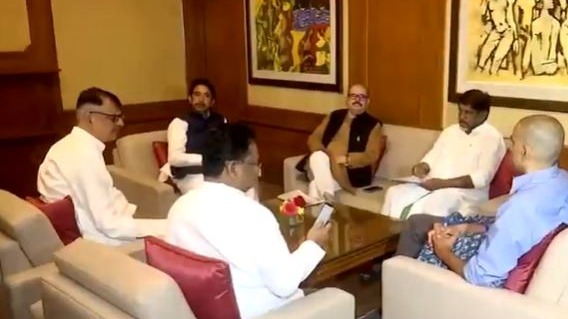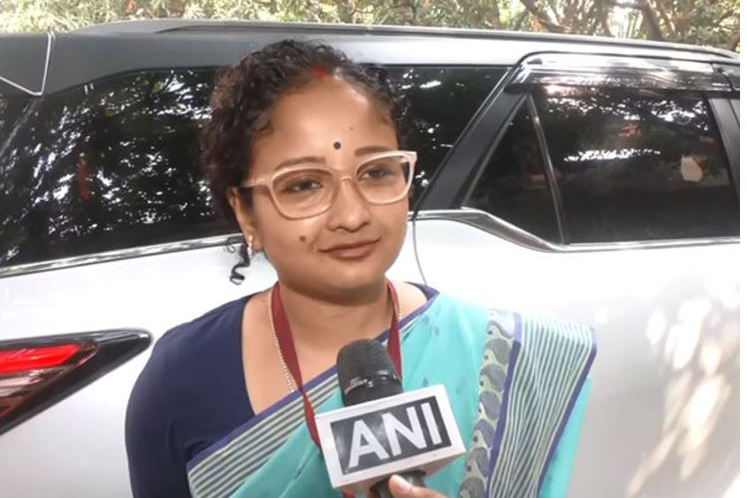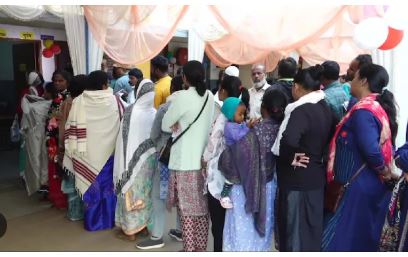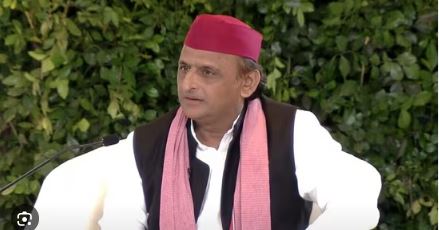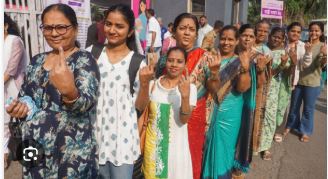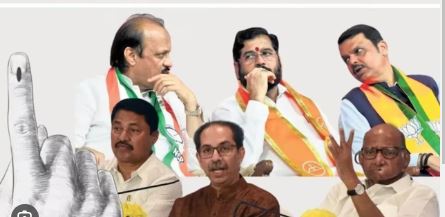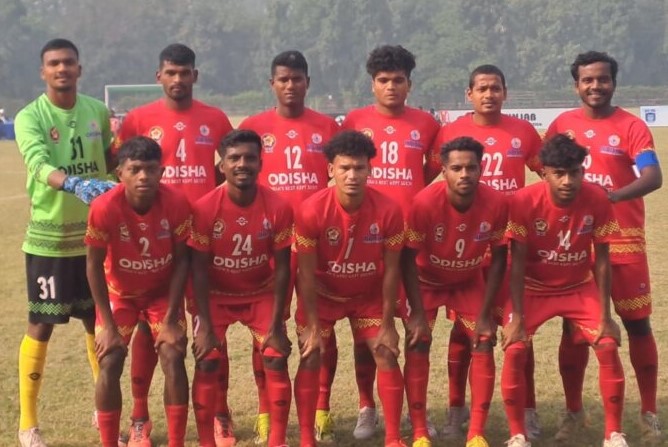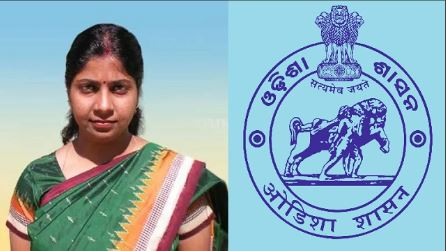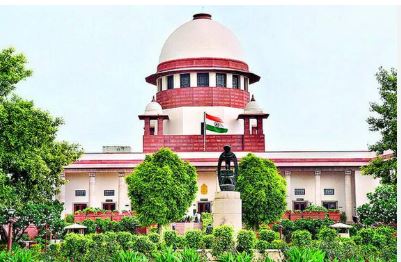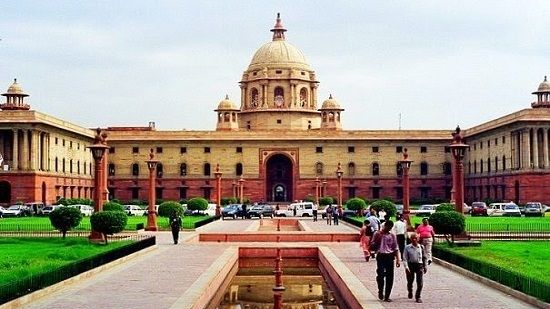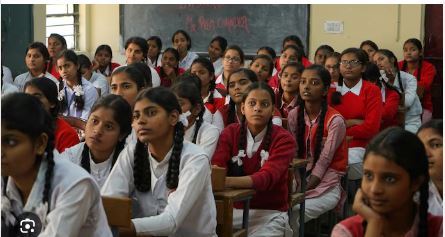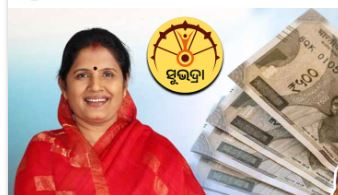Ranchi, November 23: "Ek hi naara, Hemant dobara!"—this resonant slogan has propelled the Jharkhand Mukti Morcha (JMM) to a groundbreaking victory in the Jharkhand Assembly elections. Under the leadership of Chief Minister Hemant Soren, the four-party alliance has not only retained power but also rewritten history by achieving two significant milestones.
For the first time in Jharkhand's 24-year history, a government has been re-elected for a consecutive term. Furthermore, no alliance had previously managed to cross the 50-seat threshold in the 81-member assembly. This time, the JMM-Congress-RJD-CPI(ML) alliance is set to secure approximately 55 seats, according to the Election Commission's data.
The Maiya Samman Yojana, a welfare scheme launched in August 2024, emerged as the cornerstone of JMM's resounding success. Under this initiative, ₹1,000 is transferred monthly to the accounts of 57 lakh women aged 18–50, a policy that struck a chord with women voters. In an unprecedented turnout, women outvoted men in 68 of the 81 constituencies, with their turnout exceeding men’s by 5,51,797 votes.
Acknowledging their pivotal support, Hemant Soren expressed heartfelt gratitude, stating, “Our Maiya has blessed us in historic numbers for dignity, respect, and rights.”
Apart from this, key pro-people measures like waiving electricity bills for 37 lakh defaulters and implementing a farmers’ loan waiver of up to ₹2 lakh significantly boosted JMM's appeal in rural constituencies, driving a record voter turnout.
Adding to this momentum was the electrifying presence of Kalpana Soren, Hemant Soren’s wife, who emerged as a political star. Campaigning in 105 rallies, Kalpana brought fresh energy to JMM’s urban outreach. Her relatable demeanor and persuasive oratory helped the traditionally rural-focused party win over urban voters, further solidifying her political stardom.
Meanwhile, the BJP's aggressive campaign, marked by corruption allegations and personal attacks branding Hemant and Kalpana as "Bunty and Babli," failed to resonate. Their efforts to court tribal voters, a vital demographic, also fell short. Tribal communities rallied behind JMM, spurred by dissatisfaction with BJP policies and a strong emotional response to Hemant Soren’s legal challenges earlier this year.
The BJP’s reliance on leaders like Himanta Biswa Sarma and Shivraj Singh Chouhan backfired, with voters rejecting what they saw as outsider interference. The election narrative became a direct Hemant vs. Himanta showdown, with Hemant emerging victorious.
With a transformative mandate rooted in the support of women and rural communities and Kalpana Soren’s meteoric rise, the JMM has reinforced its image as a party for the people. This victory not only cements Hemant Soren’s leadership but also marks a turning point in Jharkhand's political narrative.




